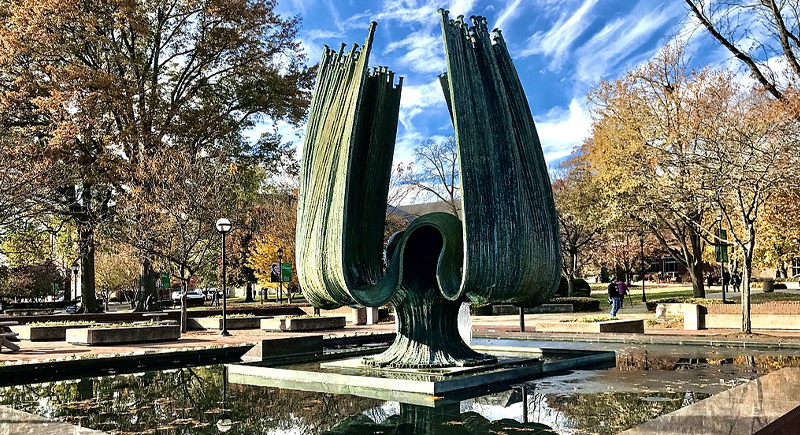The Curse of the 1970 Marshall Football Team: The Plane Crash That Decimated a Town
On the night of November 14, 1970, a chartered Southern Airways DC-9 carrying the Marshall University football team, coaches, staff, and local boosters crashed into a hillside near Huntington, West Virginia. The aircraft had been returning from Greenville, North Carolina, after a 17–14 loss to East Carolina. All seventy-five people on board were killed instantly. In a single night, the town of Huntington lost players, coaches, doctors, community leaders, and friends. The tragedy remains the deadliest sports-related air disaster in U.S. history.
The Flight and the Fog
The crash happened during the final approach to Tri-State Airport. Rain, fog, and poor visibility turned a routine descent into disaster. The pilots believed they were higher than they were and continued lowering the plane until it struck the tops of trees.
Investigators concluded that the crew descended below the safe minimum altitude without visual contact with the runway. The DC-9 hit the ground nose-first and burst into flames. The hillside outside Kenova became the final resting place for everyone aboard.
For Huntington, a city deeply tied to its university, the loss was unbearable. Businesses closed, the campus fell silent, and funerals stretched on for weeks. Six players whose remains could not be identified were buried together in Spring Hill Cemetery.
The same aircraft had been scheduled to continue to Louisiana after dropping the team off, then fly to Baton Rouge to pick up Mississippi State University’s football team. The crash prevented that second leg from ever happening. The coincidence created an unspoken connection between the two schools, one born entirely out of tragedy and timing.
The Marshall disaster came only six weeks after another college football tragedy, the Wichita State plane crash in Colorado that killed thirty-one people. Two major air crashes involving college teams in such a short span sent shockwaves through the sports world and prompted calls for safer travel standards.
The Rebuilding Years
Marshall’s football program was nearly erased overnight. Only a handful of players who had not been on the flight remained. Assistant coach Red Dawson, who drove home that night instead of flying, found himself one of the few survivors left to help rebuild.
In early 1971, Marshall hired Jack Lengyel as head coach. The NCAA granted special permission for the school to allow freshmen to play on the varsity team. With that, Lengyel, Dawson, and a group of walk-ons, underclassmen, and athletes from other sports managed to field a team.
They lost most of their games that season, but their first home win, a 15–13 victory over Xavier University, became one of the most emotional moments in college football history. The scoreboard did not matter. The game proved that Marshall football could live again.
Mary Jane Tolley, the widow of head coach Rick Tolley, narrowly avoided boarding that flight. She stayed home in Virginia to care for their sick dog. Decades later, she still searches for understanding. In interviews, she has spoken about the night she heard the news and how the details of the crash continue to haunt her.
When another aviation disaster struck a U.S. sports delegation decades later, the emotions resurfaced instantly. She has often said that the pain never disappears; it only becomes something you learn to live with.
Remembering the 75

Image via Wikimedia Commons/Wv funnyman
Marshall University and the city of Huntington built their healing around remembrance. The Memorial Fountain outside the Memorial Student Center stands as the most recognized tribute. Every November 14, the fountain is turned off during a ceremony honoring the seventy-five lives lost, and it remains still until spring.
The crash site itself bears a plaque listing every victim’s name. Streets have been renamed, and annual ceremonies continue to draw crowds who were not yet born when the crash happened. In 2006, the story reached Hollywood with the release of “We Are Marshall,” starring Matthew McConaughey as Coach Lengyel. While dramatized, it stayed faithful to the emotional truth that an entire town rebuilt itself through heartbreak.
Over 50 years later, the Marshall crash remains a defining part of Huntington’s identity. The event changed how college teams travel, led to stricter aviation safety practices, and became a story of unity born from unimaginable loss. To this day, every victory and every chant of “We Are Marshall” carries the memory of those who never came home.